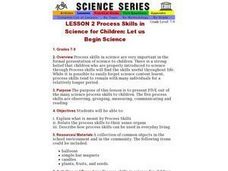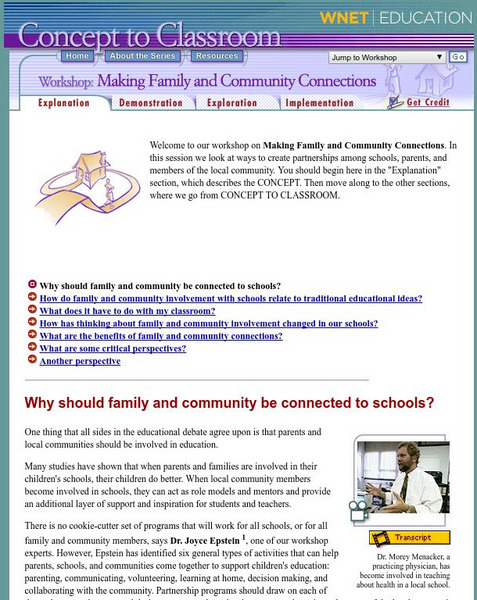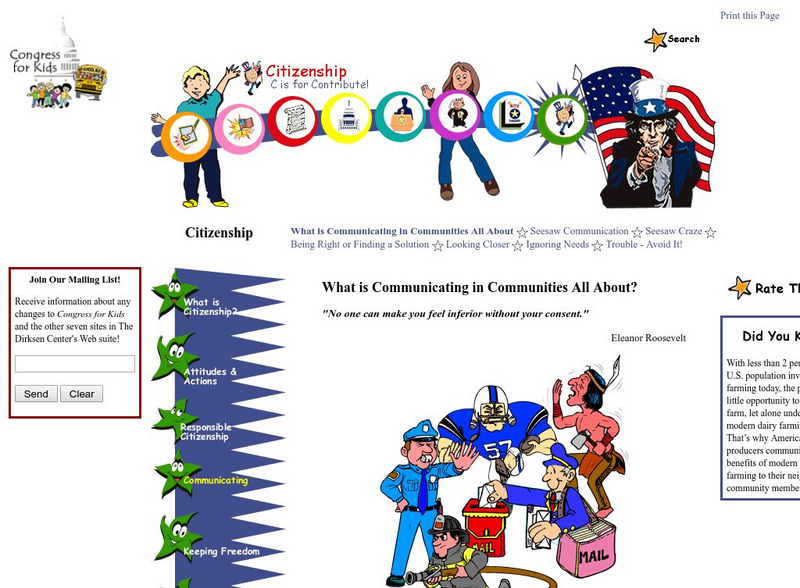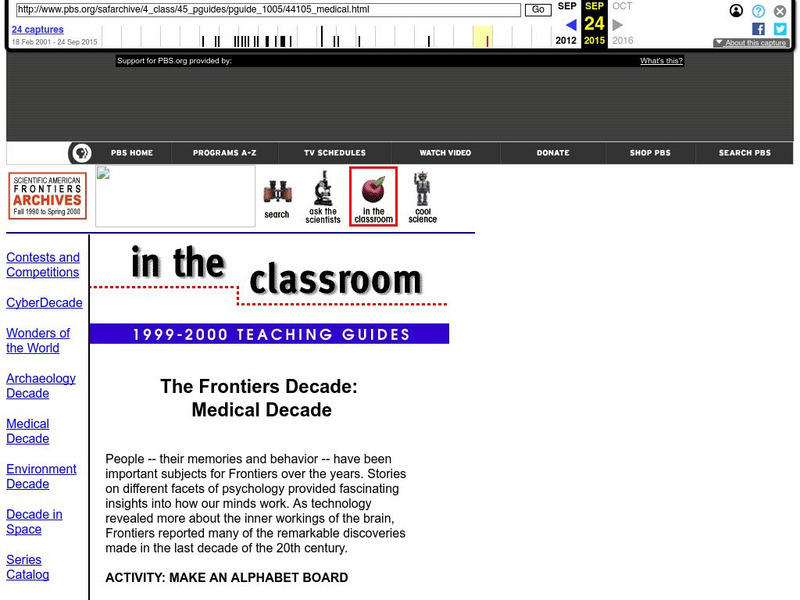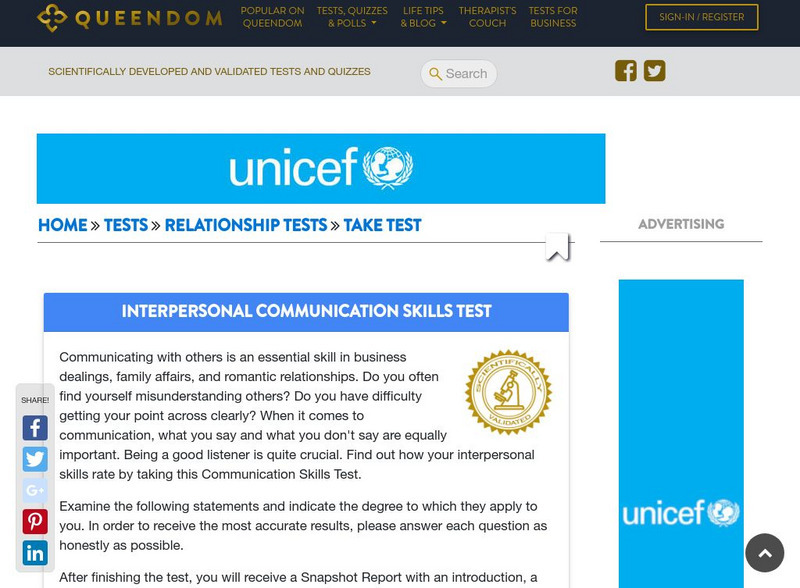Curated OER
Knowing Write from Wrong
Explore how the informality of electronic correspondence has affected communications in the workplace. Writers develop pages for a basic writing guide that contains rules and examples to help correct common writing errors. A great way to...
Curated OER
Natural Inquirer
Learners explore the research process. In this scientific method lesson, students analyze data from an article, write their own informational article and express what they have learned. Learners create their own article using the given...
Curated OER
Summarizing
Fifth graders write summaries. In this summarizing lesson students decide which events of a chapter in a book are important to summarizing. Students also create a title for the chapter based upon the contents of the chapter. Students...
Curated OER
LESSON 2 Process Skills in Science for Children: Let us Begin Science
Students study five process skills used in learning science and how they can be used in daily life.
Curated OER
How Do Words Feel?
Students discuss the difference between harsh words and soft words, and how words feel. They feel various mystery materials such as sandpaper, or cotton, and decide if the materials would describe a word that is harsh or soft.
Curated OER
Who's Listening?
Students identify nonverbal signs of attention, and demonstrate skills for interacting with others.
Curated OER
Frank Oo Berry Mush
Students practice writing, incorporating reasons to support ideas, and responding constructively to other's comments.
Other
Communication Is Wonderful, if It Ever Takes Place
This is a brief, but insightful article about the importance of communication, how we communicate, and why we sometimes fail to communicate.
PBS
Wnet: Thirteen: Concept to Classroom Workshop: Making Family and Community Connections
Creating partnerships among schools, parents and local communities can lead to increased learning for students, strengthening their decision making skills, collaboration skills, and overall learning.
The Dirksen Congressional Center
Congress for Kids: Citizenship: Communicating in Communities
You will discover many opportunities to enrich your own life and to appreciate your differences from other members of a community as you improve your ability to communicate. You, your family, and your friends can become good citizens and...
Other
Self growth.com: Empathy in Communication
Empathy is a vital part of human communication. The article defines the term and shows how to develop empathy.
Education.com
Education.com: Ask Me How
[Free Registration/Login Required] In this lesson, your students will become familiar with using this question word to investigate how things work. At the conclusion of this lesson, students will be able to ask and answer questions to...
Other
Pstcc: Four Principles of Interpersonal Communication
Discusses four inevitable components of interpersonal communication. These principles occur in real interpersonal interaction and are basic to communication.
PBS
Pbs Teachers: Scientific American: The Frontiers Decade: Medical Decade
Explore the challenges of communicating without speaking or moving by creating a communications board from plastic alphabet letters. Explore speech synthesis files for people with communication disabilities.
PBS
Pbs Teachers: Nordic Sagas: Isaac and Friends
Investigate technological innovations that help people with disabilities to communicate, and list design features you would want to include in a personal digital assistant.
Other
Cyber Talk/about Communications
Links to several articles on interpersonal communication. Titles include "Know Your Style of Communication,"Listening as a Communications Skill," "Acknowledgment when Talking and Communicating Skills," "Conversations and Attending when...
Other
Fusion Yearbooks: Great Ways to Encourage Students to Ask Questions
This article contains 9 ways that teachers can maintain and develop that pre-school curiosity as our children grow older by fostering question asking in the classroom.
Other
Queendom: Communication Skills Test
Take the simple test. You may become aware of your strengths and/or weaknesses as a communicator. SL.9-10.1c Active Partic, SL.11-12.1c Questions/Part





